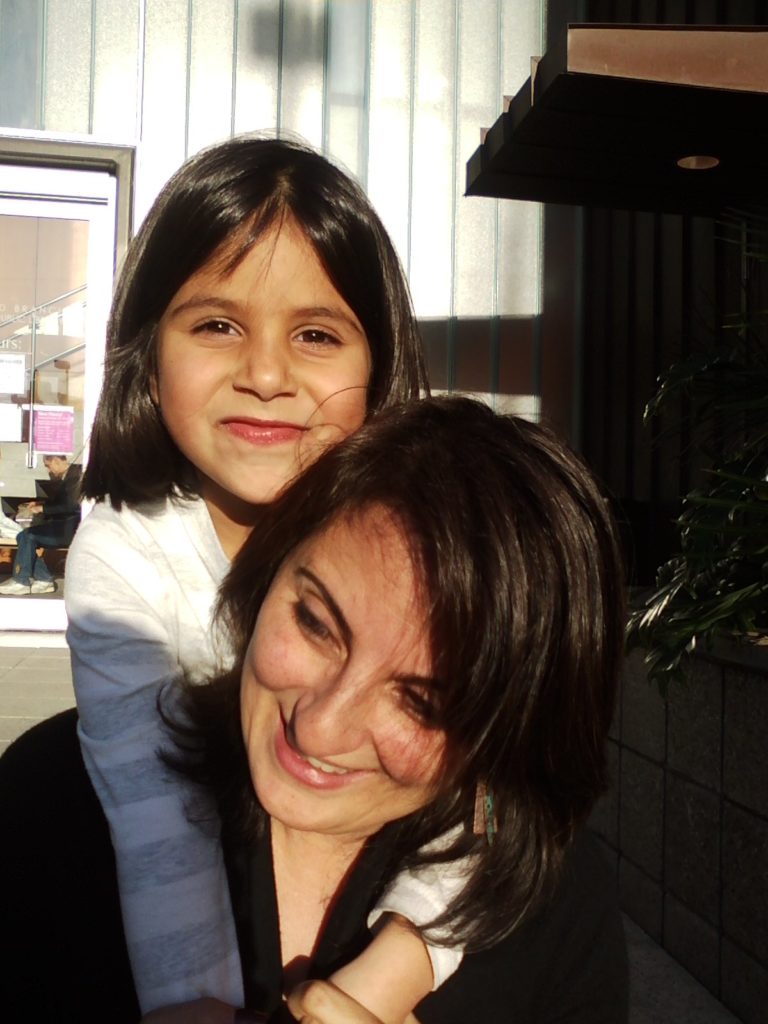
“I feel resentful when you don’t do some of the chores around the house even though you are not working right now and I’m working sixty hours a week,” Chris complains to Alex in their conscious coupling session. On the surface, anyone hearing this comment would agree with Chris. If Alex is not working outside the house right now and she is staying home while Chris works a sixty hour shift, she could help with the house chores. Makes sense, right? Chris’s resentment is justified. But I suspend my judgement and turn to Alex to give her a chance to share what this statement brings up for her. As a conscious couple practicing non-violent communication, Chris and Alex delay reacting, defending or retaliating. Instead, they know to first check in with themselves to see and observe the feelings that are being brought up to the surface.
Alex responds, “I am feeling my resentment surface when I hear Chris talk to me this way.” I reply, “Sounds like both of you are holding feelings of resentment. Why don’t we sit with that feeling for a minute and see what else surfaces for you both.” All of us sit in silence for what seems like hours. Feeling of discomfort and anxiety is palpable in the room. I am reminded as to why couples often get into such patterns of resentment. This is often where relationships begin to unravel. But as a conscious couple, Chris and Alex have learned how to argue productively. They’ve been practicing non-violent communication for years now and they seem to have a hang of it.

Founder and Spiritual Director
www.centeronpeace.com
www.centerpeaceproject.com
310-498-3573
After some time passes, Chris’s expression turns into sadness. Finally, Chris moves to speak up first. “I don’t like feeling this way and I feel bad about feeling resentful towards Alex. I know although she is staying at home right now, she is doing a lot of inner work and self discovery. I hate to be so harsh on her.” By slowing down reactions and sitting with their emotions, the couple give way to having more understanding and compassion for the other’s situation. Already, there is a shift in the room. There is less anger and hostility. Both Chris and Alex are softening up and their body is relaxing. Alex doesn’t feel as defensive now. She feels safe to speak up and be vulnerable, “I am so sorry Chris. I know how hard you are working for us both. I feel bad about not being able to do more at home right now. It’s just that as I am struggling with my own issues around being laid off from work, sometimes, I feel totally paralyzed and unable to even do the simplest task at home.”
It’s not that conscious couples don’t ever disagree or fight. It’s more that the tone and the quality of their interaction carries a different tune. Conscious couples do their best in sticking with a few simple rules of communication. They include:
#1 Don’t Hold it in…
When something bothers you about your partner, or you disagree about a situation and your conversation doesn’t go well the first time around, don’t just drop the subject, ignore, dismiss or diminish its importance. What you are feeling is valid and needs to be heard and addressed in order to smooth things out. Otherwise, unfinished disagreements quickly turn into resentments and harboring resentments long enough lead to relationship trouble.
#2 Address the problem right away…
As soon as you feel frustrated about what your partner has done or not, or a situation that occurred, bring it up and address it in a timely way. If you don’t feel comfortable or safe one on one, bring it into your couples session and share it with your partner in the presence of your therapist. This is a great practice in the beginning of your relationship to build trust and learn the basic skills for constructive problem solving. Your coach or therapist will model the proper way to communicate, teach you how to listen actively, validate each other, paraphrase and ask open ended questions. Finally, you will learn about constructive versus destructive criticism and how to problem solve together as a unit.
#3 Use “I” statements…”I feel hurt when you…..”
Couples too quickly point the finger at each other and get into a blame cycle. This pattern of behavior creates hostility rather than safety in the relationship and either sets your partner up to fight or flee. Learning to take responsibility and ownership for your own feelings or how you may be viewing the situation is an important step towards managing conflicts successfully. This part takes quite a bit of practice to master, and is always good to work on this early on in your relationship in the presence of a coach or therapist.
#4 Learn to actively listen to your partner…
Take a look at my sample video on Active Listening https://youtu.be/BMAQjV97S6U)
These simple tools are sure to help you become a better listener, while encouraging your partner to share and communicate more with you. Again, the safer you both feel in the relationship, the more likely you are to work together as a unit to tackle even the most difficult situations.
#5 Ask for what you need or want from your partner…
As part of constructive communication, it is important for both partners to not only listen well to each other, validate, paraphrase and problem solve, but to also ask for what is needed or wanted from the other. Letting your partner know what you need or want in the moment and/ or in the future, gives you a framework and a goal to achieve next time there is a heated argument. This way, your arguing is actually leading towards a desired goal. Otherwise, you are just rehashing the same argument over and over again with no solution in sight.
These are the five basic rules of engagement when dealing with conflict in your relationships. The key is to have both partners learn these skills together so that they can be implemented in the relationship early on. Needless to say, the more you practice, the easier it becomes and the better you both become at managing conflicts constructively. Also, know that it’s OK that initially you both may need some coaching on how to engage in non-violent communication. There is also a ton of information you can read about this topic online.
There is no shame in asking and learning about a new skill.
What is important is to know that there is always light at the end of the tunnel. With some effort and due diligence, you CAN turn your communication style around and create healthier and more loving ways to communicate with your loved ones. People are not born knowing how to communicate constructively. It is a learned skill. Be patient, keep practicing and eventually you will witness the positive results of your hard work.


